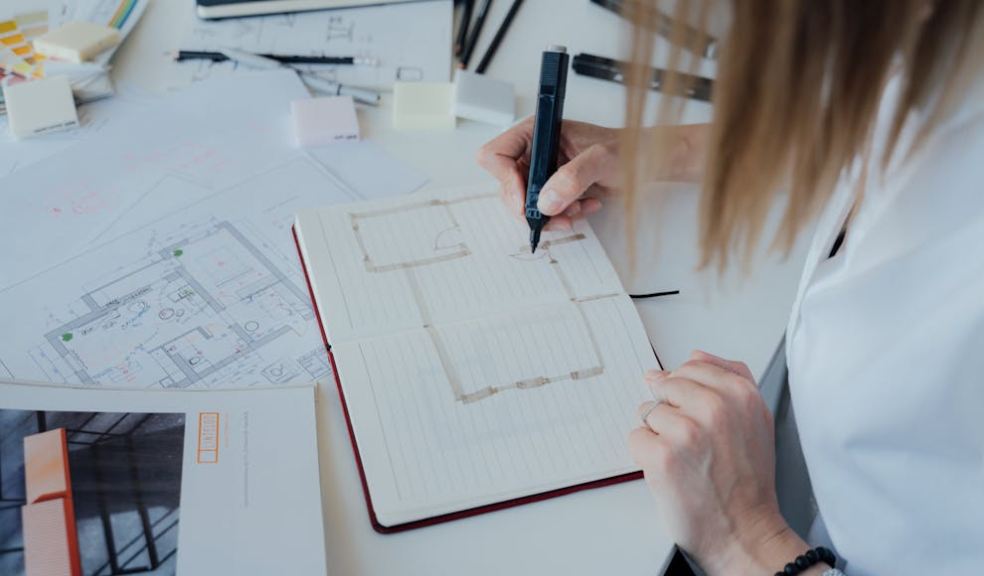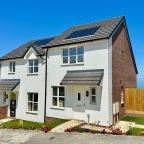
The Biggest Mistakes People Make When Building Their Own Home
Building your own home offers the opportunity to create a living space tailored to your exact needs and preferences. However, the process is fraught with potential pitfalls that can lead to stress, financial strain, and disappointment. By understanding the common mistakes others have made, you can avoid these issues and ensure your home-building journey is as smooth and successful as possible.
Underestimating the Total Cost
One of the most common and potentially devastating mistakes when building a home is underestimating the total cost of the project. Many people focus solely on construction costs, forgetting about additional expenses such as land acquisition, planning permission, utility connections, landscaping, and interior finishes.
It’s crucial to create a comprehensive budget that accounts for all aspects of the build. Consider working with a quantity surveyor who can provide detailed cost estimates based on your plans.
Always include a contingency fund in your budget. A common rule of thumb is to set aside 10-20% of your total budget for unexpected costs or changes during the build.
Choosing the Wrong Plot
The plot of land you choose will have a significant impact on your home-building project. Many people make the mistake of rushing into a land purchase without thoroughly investigating its suitability for their intended home.
Think about factors such as local planning restrictions, flood risks, soil conditions, and access to utilities. The UK government's Planning Portal provides valuable information on local planning policies and restrictions.
It's also wise to conduct a full site survey and soil test before purchasing land. These assessments can reveal potential issues that might affect your build or significantly increase costs.
Inadequate Planning and Design
Rushing through the planning and design phase is another common mistake. Some people, eager to start building, fail to invest sufficient time in creating detailed plans and specifications for their homes.
Thorough planning is essential for a successful build. Work with an architect or designer to create comprehensive plans that cover every aspect of your home. This includes not just the layout and aesthetics, but also important details like electrical plans, plumbing layouts, and heating systems.
Remember that changes made during the construction phase are often costly and can cause significant delays. It's much more efficient and cost-effective to finalise your design before breaking ground.
Hiring the Wrong Contractors
Selecting the right team to build your home is crucial. Many people make the mistake of choosing contractors based solely on price, without thoroughly vetting their qualifications and experience.
Take the time to research potential contractors thoroughly. Ask for references and examples of their previous work. Check if they're registered with relevant trade associations such as the Federation of Master Builders or the National Federation of Builders.
It's also important to ensure that your main contractor has experience in managing self-build projects. Building a bespoke home often involves unique challenges that require specific expertise.
Forgetting About Insurance
A crucial aspect of home building that's often overlooked is insurance. Many self-builders make the mistake of assuming that their contractor's insurance will cover everything, or that they don't need insurance until the home is completed.
In reality, it's essential to have proper insurance coverage from the moment you purchase your plot. This should include public liability insurance to protect you if someone is injured on your site, as well as coverage for the ongoing construction work
Specialist self-build insurance policies are available in the UK, which can provide comprehensive coverage tailored to the unique risks of building your own home. These policies often include protection against issues like contractor insolvency, which standard insurance might not cover.
Don’t forget to secure a structural warranty for your new home. This typically provides protection against defects in design, materials, or workmanship for 10 years after completion. Buildsafe is a warranty broker that can help you find the best prices. Visit their website to find out more.
Neglecting Energy Efficiency
Some people overlook the importance of energy efficiency. This can lead to higher running costs and a less comfortable living environment in the long term.
Think about incorporating energy-efficient features from the outset. This might include high-quality insulation, energy-efficient windows, and renewable energy systems like solar panels or heat pumps.
The UK government's Standard Assessment Procedure (SAP) is used to assess the energy performance of new homes. Familiarise yourself with these standards and aim to exceed them where possible. Not only will this reduce your energy bills, but it can also increase the value of your home in the future.
Ignoring Local Regulations and Planning Permission
A critical mistake that can derail your home-building project is failing to comply with local regulations or obtain the necessary planning permissions. Some people assume that because they own the land, they can build whatever they like, but this is far from the case in the UK.
Before starting any work, ensure you have all the required permissions in place. This includes planning permission from your local authority and approval under building regulations. The Planning Portal is an excellent resource for understanding the planning process in England and Wales.
Be aware of any local restrictions or covenants that might affect your build. These could limit factors like the height of your building, its appearance, or even the types of materials you can use.











